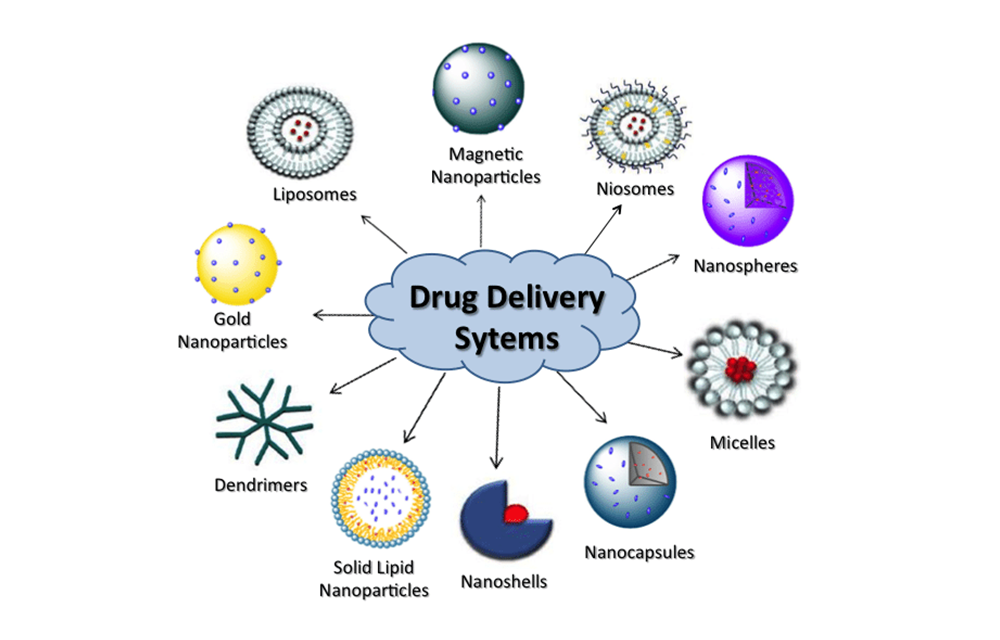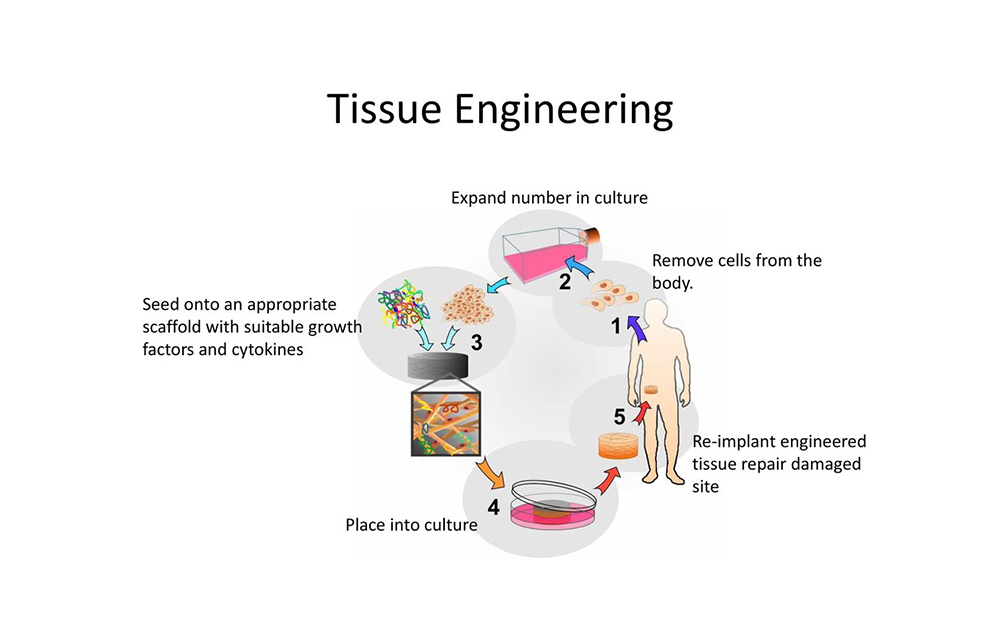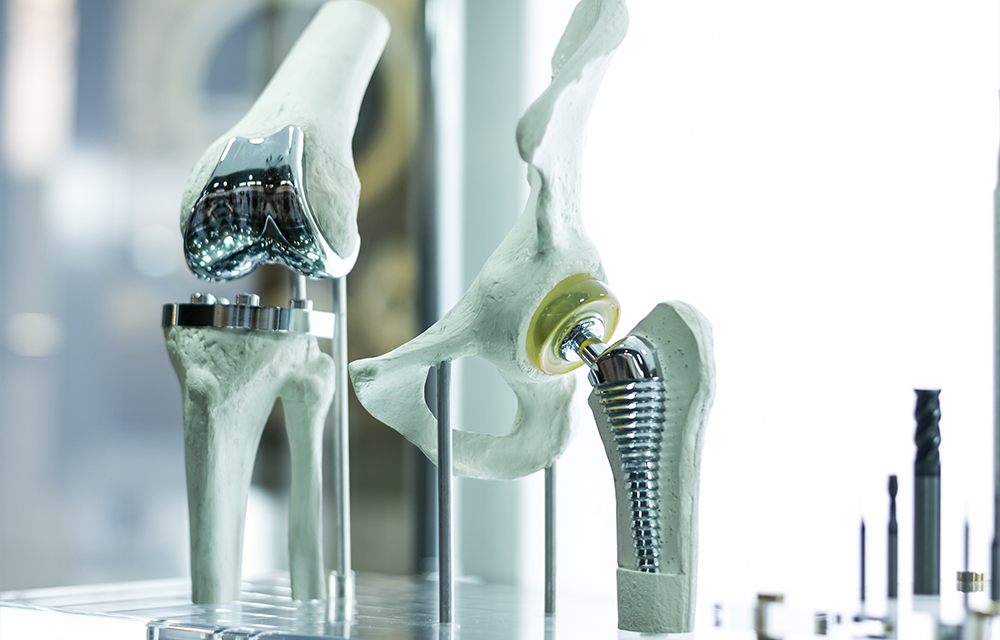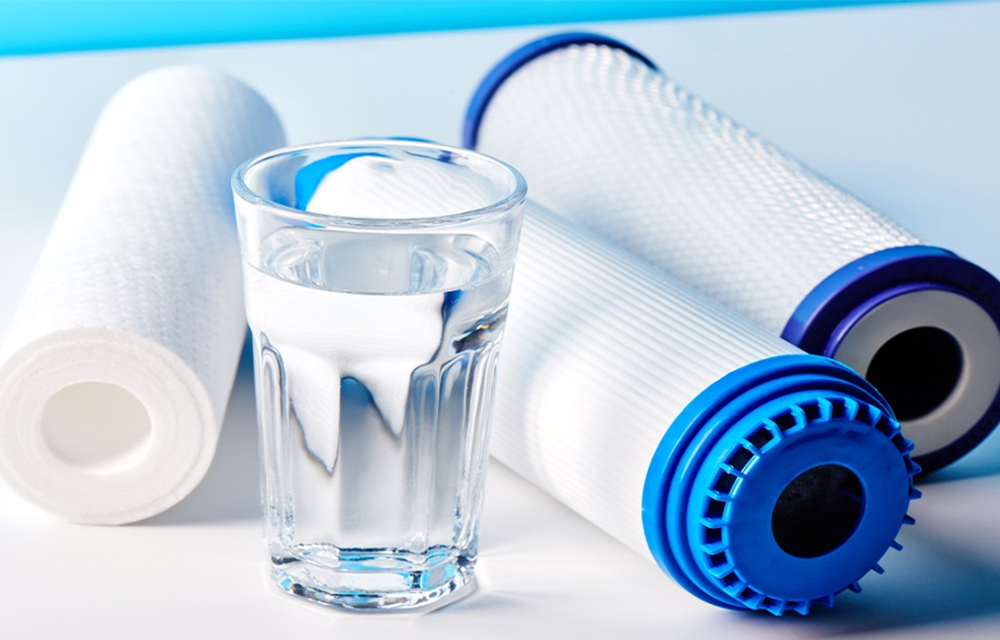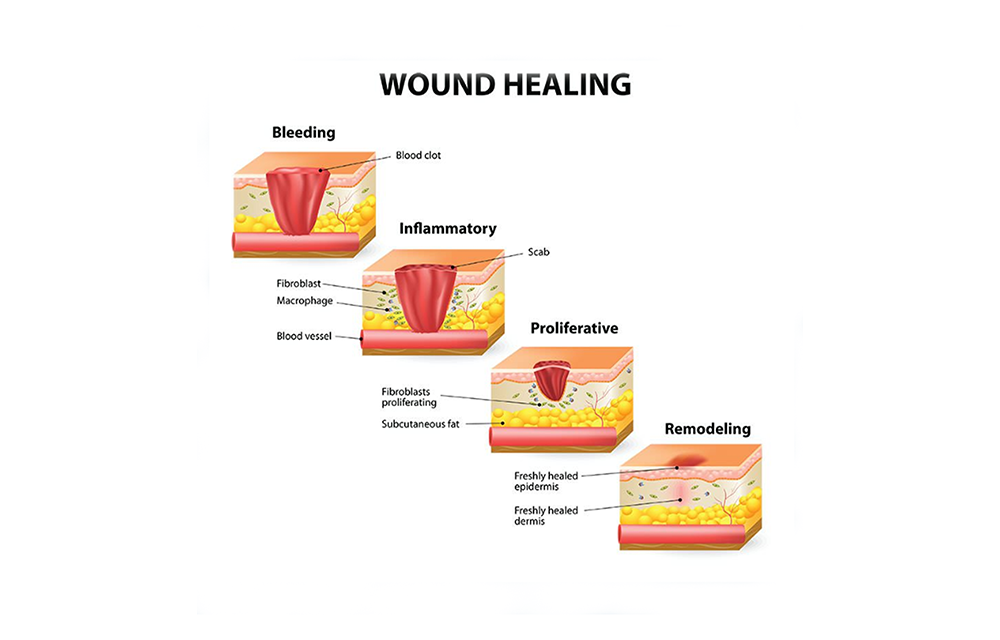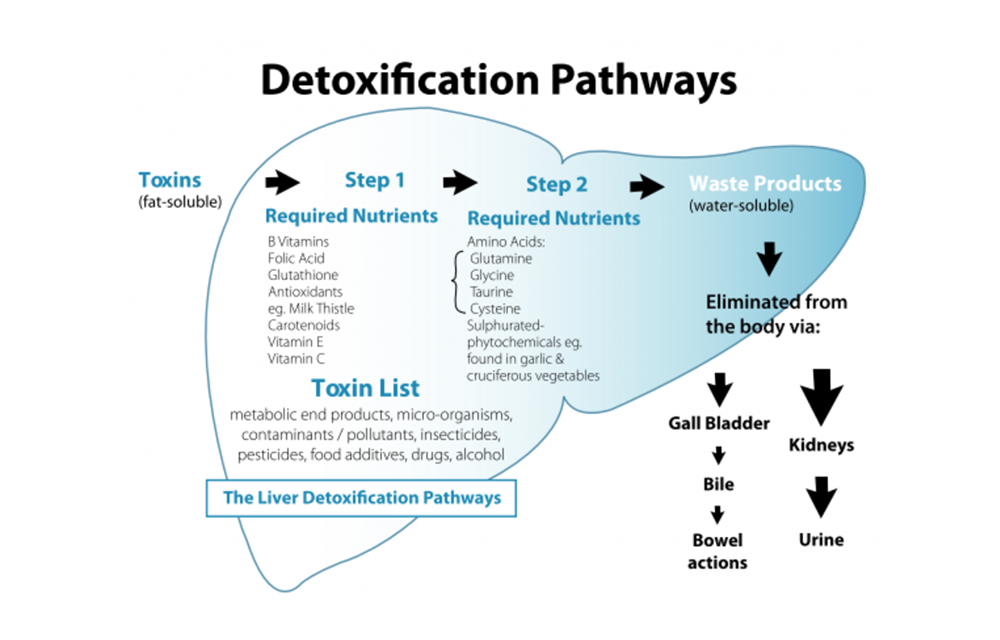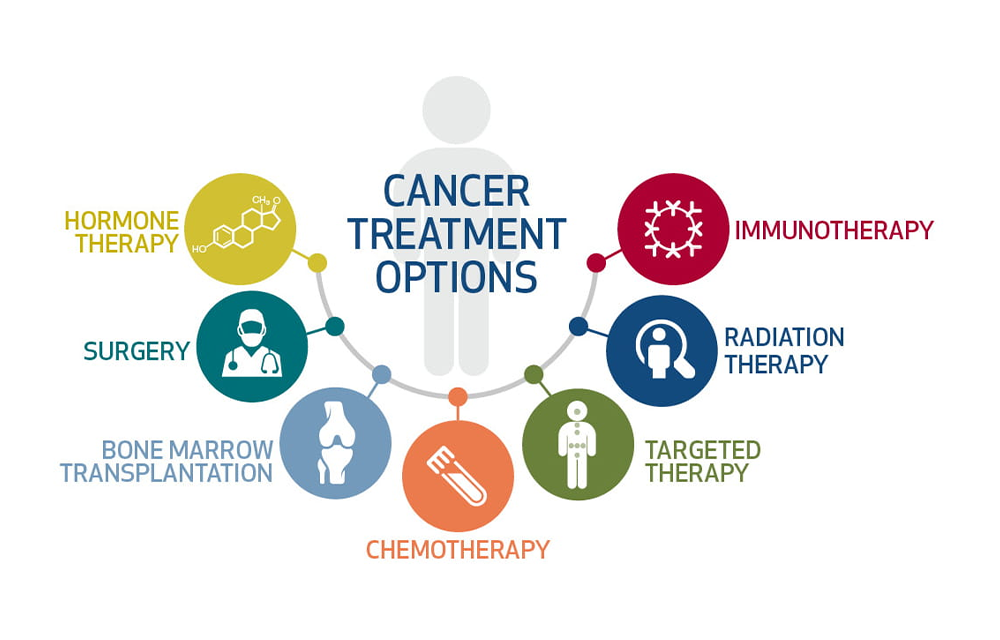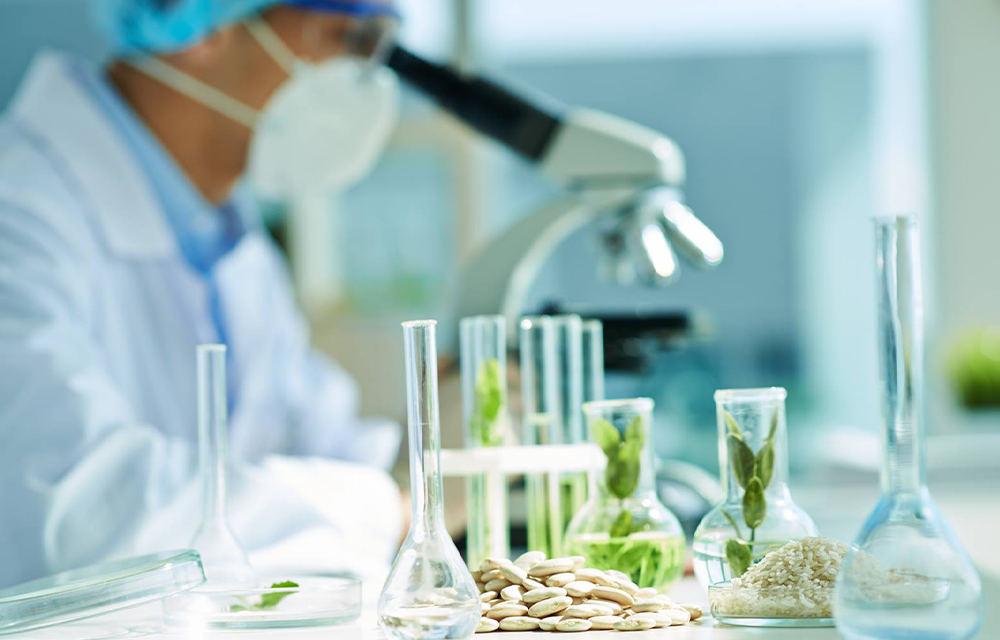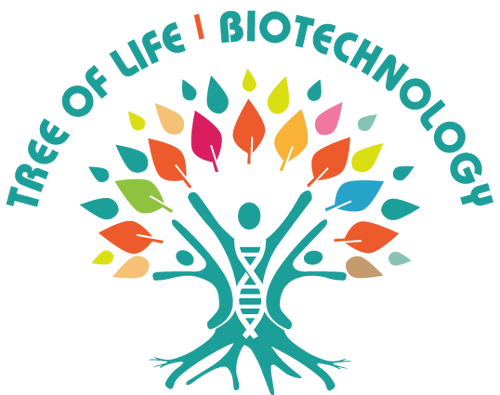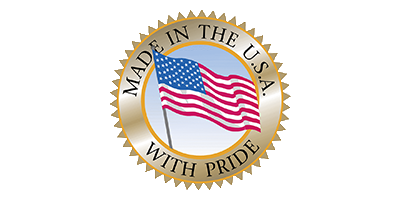Drug Delivery Systems
Carrier for Drug Delivery: Biochar's porous structure and large surface area make it an excellent candidate for drug delivery systems. It can be engineered to carry drugs and release them in a controlled manner. The functional groups on Biochar can be modified to attach specific drugs, allowing for targeted delivery and improved bioavailability.
Tissue Engineering
• Scaffold Material: Biochar can be used as a scaffold in tissue engineering due to its biocompatibility and ability to support cell growth. Its porous nature allows for nutrient exchange, which is crucial for tissue regeneration.
• Bone Regeneration: Engineered Biochar can be used in bone grafts and implants, where it acts as a support matrix for new bone growth, potentially enhancing the healing process.
Medical Implants and Devices
• Coating for Implants: Biochar can be used to coat medical implants, such as orthopedic devices, to improve their biocompatibility and reduce the risk of infection. The antimicrobial properties of Biochar help prevent bacterial colonization on implant surfaces.
• Sensor Applications: The electrical conductivity of engineered Biochar can be harnessed for biosensors used in monitoring various biological parameters.
Water and Air Filtration in Healthcare Settings
• Filtration Systems: Biochar’s adsorptive properties can be used in air and water filtration systems in healthcare facilities, helping to remove toxins, pathogens, and other contaminants, thereby maintaining a sterile environment.
Wound Healing
• Antimicrobial Dressings: Biochar can be incorporated into wound dressings to leverage its antimicrobial properties. This can help in preventing infections and promoting faster wound healing.
• Absorbent for Exudate: Due to its high absorbency, Biochar can be used to manage wound exudate, keeping the wound dry and reducing the risk of infection.
Detoxification and Adsorption of Toxins
• Detoxification Agents: Our Engineered Biochar can be used to adsorb and remove toxins from the body, similar to activated charcoal. This can be useful in treating poisonings or overdoses. We are currently developing and engineering a pharmaceutical grade Biochar with over 3,000 square meters of surface area per gram for this application.
• Sepsis Treatment: There is potential for Biochar to be used in the treatment of sepsis by adsorbing endotoxins and inflammatory cytokines from the bloodstream.
Cancer Therapy
• Oncodialysis Treatment: Biochar’s large surface area and cationic & anionic effect allow it to be used to perform Oncodialysis Treatments in which the blood of the patient is filtered exogenously and purified from all free floating tumor cells, tumor stem cells, and tumor DNA and other breakdown products which can lead to full blown metastasis of the cancer to other parts of the body. These isolated tumor cells, tumor stem cells, and tumor DNA and other breakdown products captured by the specially designed Biochar filtration device can then be reprogrammed to produce a personalized cancer vaccine which will stimulate the body’s immune system to make an immune specific attack to destroy only cancer cells and tumor masses. This treatment process and equipment just received a US Patent.
Biotechnology Research
• Cell Culture: Biochar can be used as a substrate for cell cultures, providing a supportive environment for the growth and study of various cell types in biotechnology research.
• Gene Delivery: It may be possible to use engineered Biochar for the delivery of genetic material, such as DNA or RNA, into cells for gene therapy applications.
